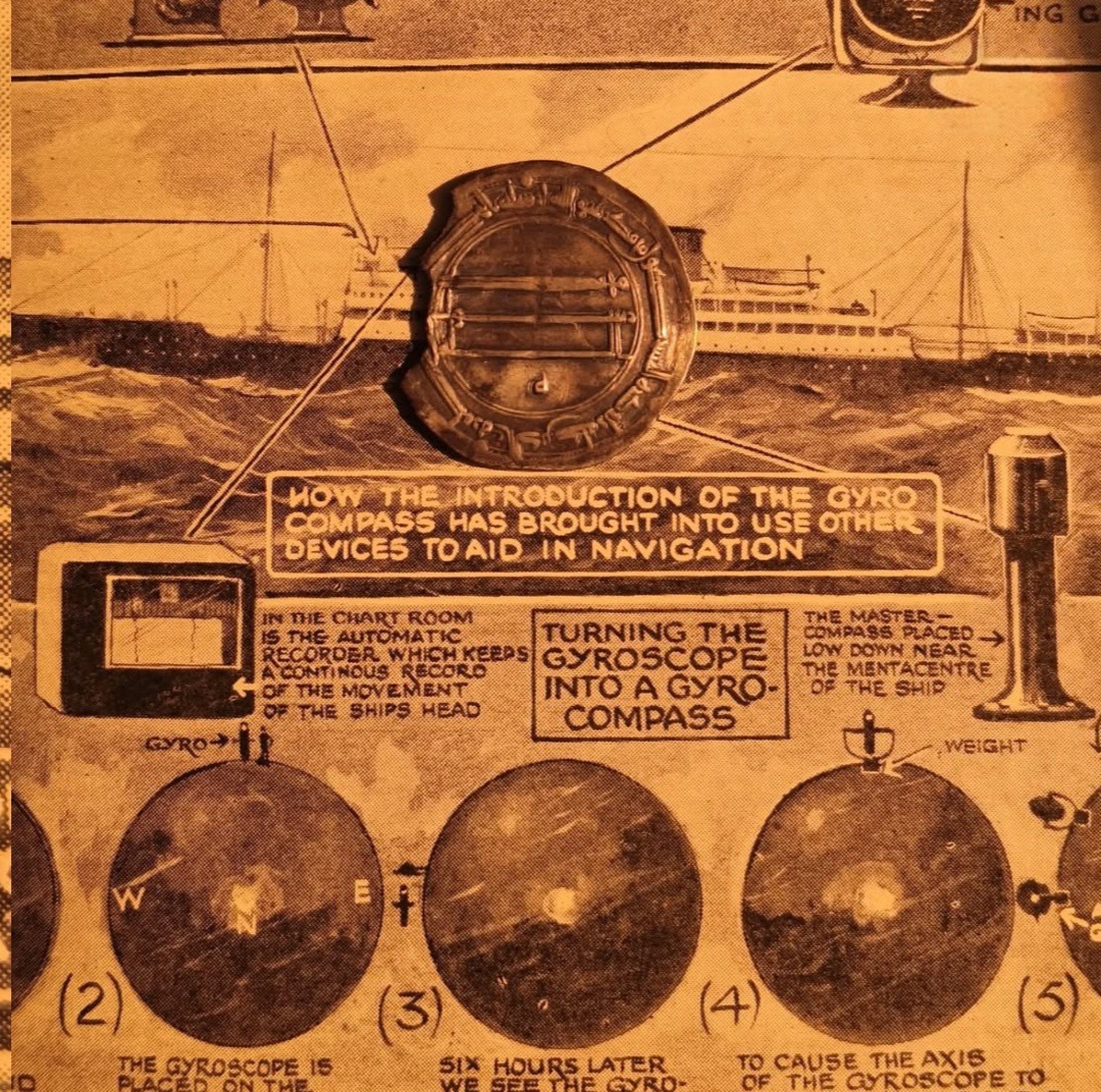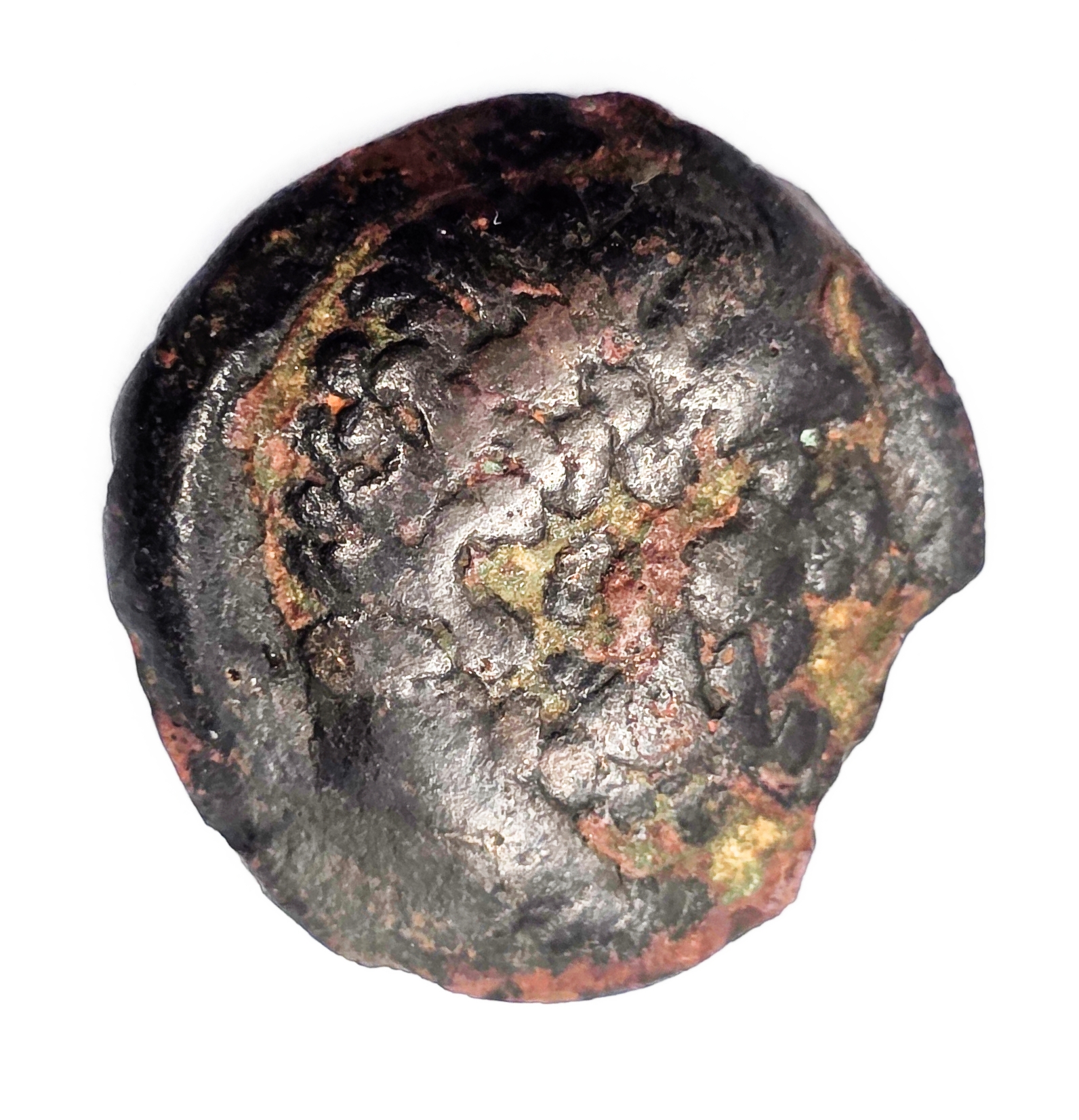
Reviving South Asia’s Forgotten Heritage

Bronze coin from the Era of King Phraates Elymais Kingdom 2nd Century AD
The coin of Euthydemus I, a bronze unit minted around 224-195 BC, is an intriguing piece of numismatic history from the Bactrian Greek Kingdom, a Hellenistic state located in the region of Bactria (modern-day Afghanistan and parts of Central Asia). This coin not only captures the likeness of a significant historical figure but also offers insight into the political and military climate of the time.
On the obverse, the coin features a striking bust of King Euthydemus I, his image carefully rendered in Greek style, with his royal diadem and distinctive features. Surrounding his portrait is the Greek legend "BASILEOS EUTHYDOMOS" ("King Euthydemus"). The reverse of the coin depicts a prancing horse, an emblem of the king’s association with cavalry, a nod to his military prowess and the importance of cavalry in Bactrian warfare. The horse could also symbolize victory, strength, and the mobility of his forces, which played a crucial role in his reign.
Euthydemus I, though not originally from a royal lineage, rose to power through skillful diplomacy and military acumen. He was a mercenary leader who capitalized on the weakened state of the Seleucid Empire, which had been struggling with internal issues and external threats. After establishing himself in Bactria, Euthydemus managed to overthrow the existing monarch and claim the throne. His ability to unite Bactria, an ethnically diverse and fragmented region, was one of his major achievements.
His reign was marked by military expansion and resilience. Euthydemus successfully defended his kingdom against the Seleucid attempts to regain control over Bactria and even fought off invaders from the north. He also conducted successful campaigns in India, particularly in the northwest regions, expanding the influence of his kingdom and establishing important trade routes.
One of the more fascinating aspects of his reign was his relationship with the Indian subcontinent. He is believed to have interacted with the Indo-Greek kings and may have even had a role in the early exchanges that later developed into a long-lasting Indo-Greek cultural fusion, seen in art, philosophy, and trade. Euthydemus’ legacy as a Hellenistic rule
